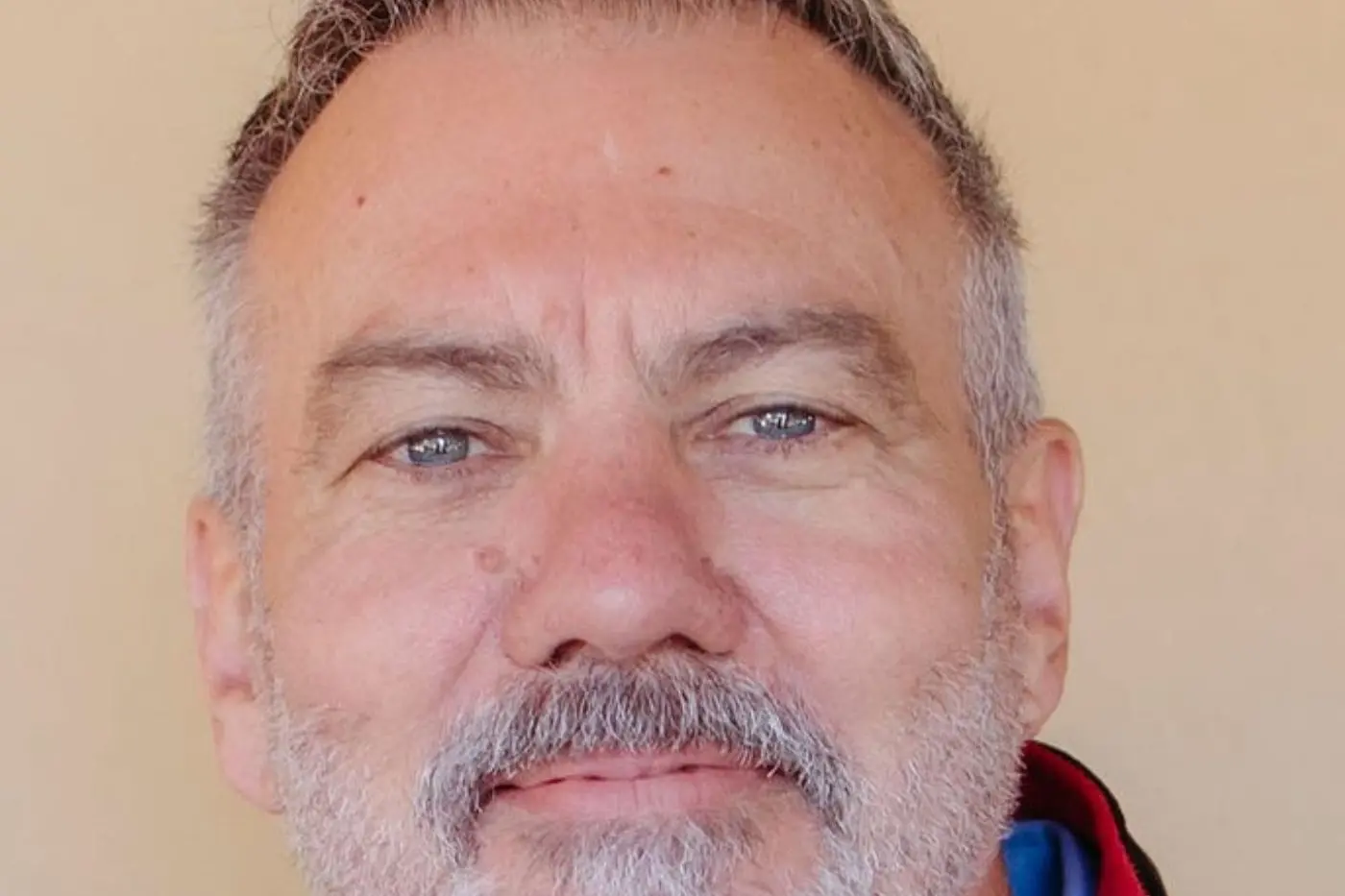PHOTO
Were you affected by the 2022 floods in Forbes?
You're very welcome at a community check-in this month.
The event is being organised by Philip Worrad from the Rural Adversity Mental Health Program, who's bringing together representatives from Reconstruction NSW and Legal Aid, as well as council and NSW Ambulance.
The gathering is an acknowledgement that two years on from the disaster Forbes experienced in those prolonged flood events can be tough, Phil said.
The post-disaster adrenaline has waned and people can be left exhausted, particularly if they're experiencing the stress and uncertainty of not being back in their home.
"I think it's a conversation that's needed for a lot of people at this particular time of recovery," Phil said.
The check-in is an opportunity to connect with services but also with each other.
It's happening on Wednesday, February 26 at the Forbes rugby union club from 5pm.
It will involve a facilitated conversation led by Phil, then the opportunity to speak with him as well as the other services available.
Reconstruction NSW is currently undertaking Resilient Homes Program assessments in our region, Legal Aid has also been working with flood-affected central west residents.
"I always encourage people to speak to Legal Aid - they're able to offer assistance in areas that people don't even realise they have need in," Phil said.
NSW Ambulance will be offering blood pressure and glucose level checks, because if you haven't had the capacity to go see a GP lately it's worth checking.
Phil will be able to share strategies for managing stress and some of the difficult thoughts and feelings that can be associated with what people have been having to deal with since the flooding.
Disaster recovery is much more complex than physically rebuilding your home, Phil added.
"For a lot of people who have been significantly impacted 'normal' has changed," he said.
"There's stuff that can shift as a consequence of going through this sort of disaster and that sort of recovery, that can take years.
"Research shows the typical time of recovery is between five and 10 years."
Phil is also very much aware that the central west experienced disasters back-to-back.
"We've gone from one adversity to another - drought, COVID, mice, floods," he said.
"It's a compounding effect, we're not dealing with just one thing - we're dealing with another thing.
"In some rural communities, we're doing it pretty bloody tough."
He's encouraging community members to take the opportunity to look after themselves.
In his role with RAMHP, Phil works from Orange to Condobolin, Eugowra to Tottenham.
RAMHP is also positioned to connect people to further support.





